In UI/UX Design
In this post I'm going to be sharing with you the six figure career path for any UI and UX designer
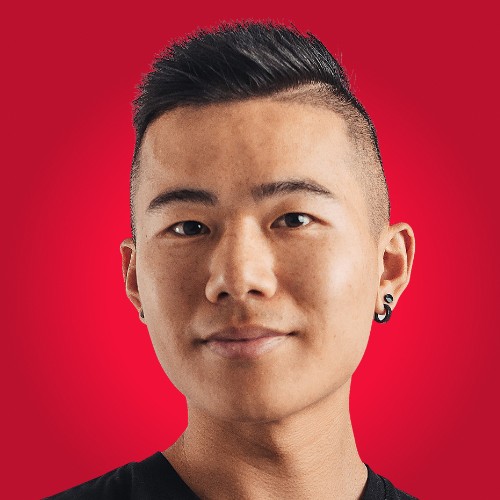
Director, UI/UX expert

Let's get into it now! You're probably thinking about the next steps in your career, or you're a designer with a couple of years experience in the industry and you're thinking about where should I head next, how do I start moving up the rank.
What I'm going to be sharing with you is my personal experience. I'm not going to repurpose information from elsewhere, or I'm not going to be hypothetically speaking: I'm going to be sharing with you exactly my career path and how i was able to achieve six figures while working for someone.
I say working for someone because I actually ended up freelancing and actually building up my own agency fairly early on in my career.
There are three avenues that you can take as a junior design.
First, there is freelancing, second there is an agency, or third - there is a startup. These are really the three places that you can work to really level up your skills. Let's break it down.
Freelancing
If you're a junior designer and you're thinking about freelancing - well, without a doubt, it's great! You get to work at your own terms, you get to charge whatever you want, and you can pretty much make as much money as you want.
The irony of that is that you don't really have the experience to do so, you don't really have a personal brand, and you really don't know what it really takes or the process to complete a project from end to end.
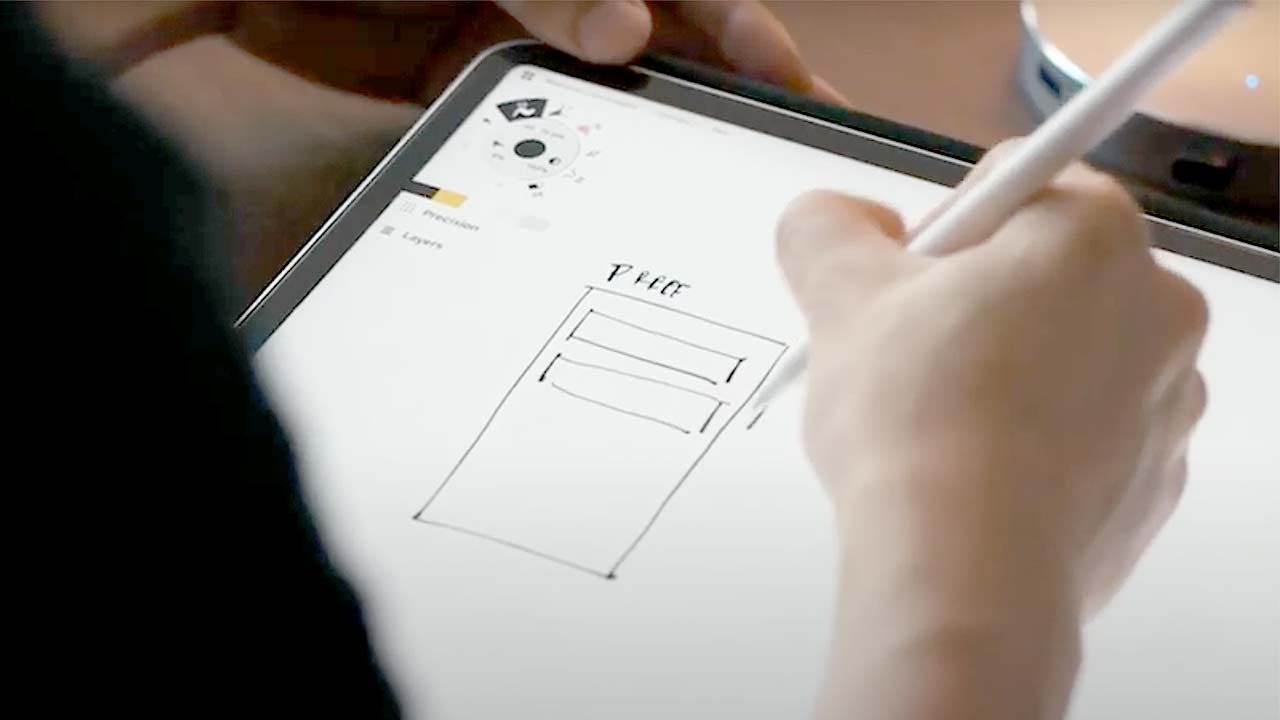
My personal recommendation is that freelancing is great at the start, and you should definitely freelance on the side, but it should not be a full-time role for you, because the quickest way for you to learn is either working with other people in the industry that have been doing it for many years (with that they can teach you all the mistakes or the pitfalls) all the right ways to do it, and it just accelerates the time that it takes for you to learn the ropes of UI and UX design.
My recommendation is if you're a junior designer, freelancing isn't at the window just yet. Definitely consider it on the side, because it allows you to continuously practice the things that you learn at the job, but it should definitely not be your full-time role.
Agency
When I first entered the industry, I actually worked for an agency, and I'm also glad that I actually did that as well, because at the agency that I worked with we worked celebrities like Miranda Kerr. We worked with the australian government, we did some extremely heavy lifting enterprise software, and you might notice that I was able to work on so many different projects!
The pace
So, the first thing about an agency is that it is fast-paced, but this really depends on what type of person you are and what you want to achieve. When I first got into the industry, I was hungry! I wanted to learn as much as I could, as quickly as I could, so I could start freelancing and doing my very own thing.
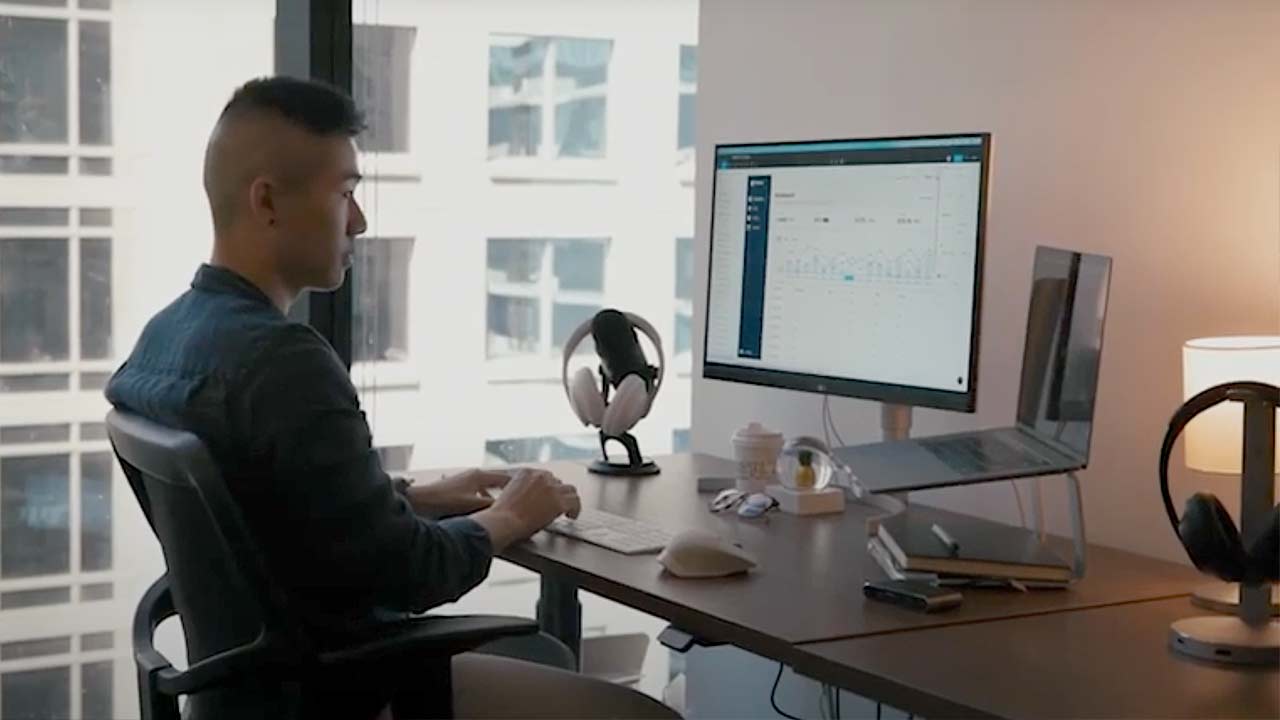
Diversity
The second thing - get to work on a lot of new different tools and technologies. Why? Because with an agency you are not dependent on a specific technology stack, and what do I mean by that with a startup, the engineers and software developers tend to pick a specific tech stack for the company, and everything that they build is dependent on that specific tech stack.
If you want to try something new, you can't really explore new avenues. However, with an agency - because they are so dynamic and you work with so many different clients - this gives you the opportunity to try a lot of different technologies, such as AR, VR, UI, UX. You can try so many different things at such a quick pace, and that is what an agency is really good at!
Industry experience
Third thing is, because you work on so many different projects, it gives you the insight and opportunity to learn about so many different industries as well. Sometimes being able to work on so many different things really broadens your horizons: it gives you insights and tactical learnings from different industries.
You might realize doing stuff in the marketing space really works well. You might bring those learnings into designing an app for a two-sided marketplace. You can really take learnings from different industries and apply it everywhere.
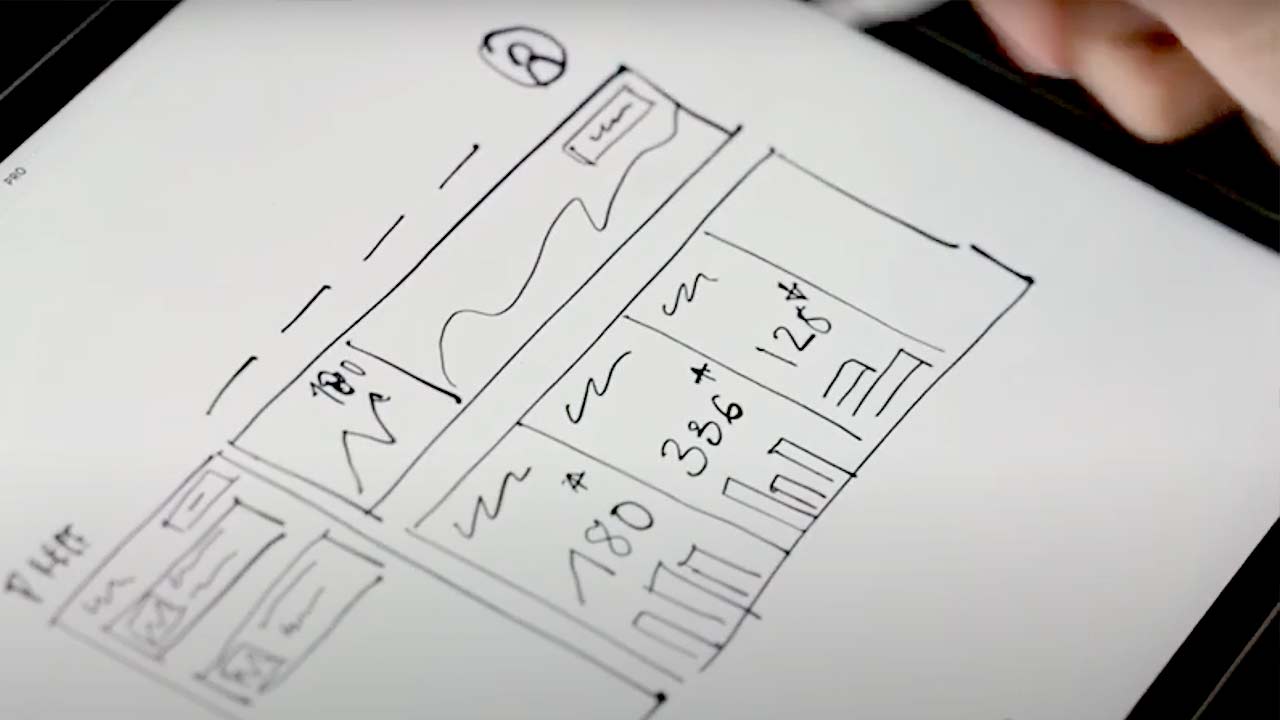
Stakeholder vision
The fourth reason why agencies are great is because it teaches you stakeholder management skills. When clients pay the business, they're paying for two things: the work and the service as well. So, because you are forced to present your ideas, talk clearly, communicate your thoughts - this really forces you to build those interpersonal skills that a lot of startups actually neglect. You will realize these interpersonal skills come very handy later on in your career, because, as a lead designer or a senior designer, you need to take on the responsibility of being able to lead a team through communication.
You also need to be able to manage stakeholders and control conversations through clear communication tactics.
The downfall with working with an agency, and this is just a personal learning and realization for me, is that because you work on so many different projects you don't get to go deep into one specific area, and some designers actually like this. Some designers actually like the variety, but some designers also like to see when the product is launched, how does it impact customers, how does it all work, what is the feedback, what can we improve.
Really depending on what you're looking, for but if you're a junior designer, this probably isn't too important at this stage. As a junior designer, what you really want to do is you want to learn as much as you can, try as many things as you can, break as many things as you can.
Then, when you start to move into a mid-level position, you start to know what do you actually want to achieve, and what do you actually find fulfilling, and what you actually want to do.
Startups
If you talk about startups, what is good with the staff, there are four key areas that I have been able to sort.
Deep dive
One is you get to really get a deep insight into one specific problem, because every day you wake up you're going to be trying to solve the same problem, for the same customer and audience, and target audience.
What this gives you is the ability to really get deep into the problem, sets UX practices in a very focused and deep manner, and what this does is that you become quite specialized in what you do.
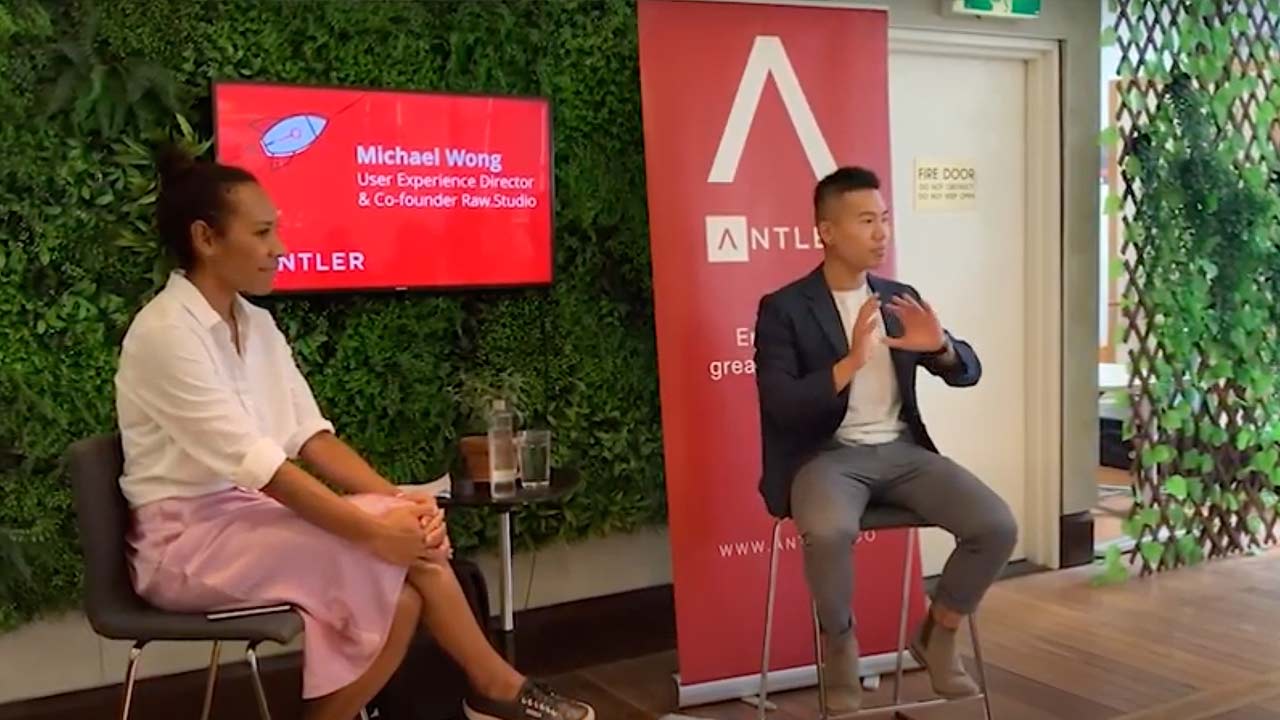
Track your results
Second, at a startup what this allows you to do is you can actually start to see how impactful your work actually is. You will design a piece of project, you work with software engineers, you get it developed, and then you start to track and try to see what is the usage, how do people use it, are there any things that you need to fix.
You get to continue that design journey along the way, and you get to see your improvements, impact the customers along that journey.
Cross-team collaboration
The third thing is, because you don't get to work on so many different projects, you also get a lot of focus, because - like I said - every day you wake up detecting the same problem on the same target audience. You really get to focus, really get to create meaningful work as well.
The last but not least: another benefit is that, because startups tend to have all the capabilities and teams within house, you get to start to work with marketing teams, sales teams, software engineering teams, and not just designers! At a startup you're able to diversify your skill set and your horizons, you get to experience different departments and how they work, and you get to pick their brains and learn a lot from that as well.
However, with a startup the downfall is that you only get to work on one problem, for one target audience. Sometimes that is great. Still, sometimes that gives you a lot of focus and gives you a lot of deep insights into one specific niche. However, there are designers who also want to be able to diversify themselves and learn a lot about different industries, how different teams tackle different problems, and the variety attracts them into that space.
Conclusion
The conclusion is... what is the exact career path to six figures for UI and UX designer?
I'm going to speak from my personal journey. When I first came out to design, I actually joined an agency, and this allowed me to really diversify my skill set, take learnings from different industries and apply it into another.
I was able to really just learn as much as I could. I realized I actually liked to see the impact of my designs. I started to realize that, because of the agency model, when the project was completed and handed over to the client, I wasn't able to really see the ongoing effects and impact it had on customers.
After the agency, for a couple of years I realized I moved into the startup space, and this is where I thrived the most. I got to work with different departments, I got to work within larger teams. I also got to get really deep into the tactical insights of my work!
We tracked our designs, we A/B tested, we had a lot of different techniques into how we would launch designs, and this allowed me to really broaden my skill set and really understand how design can actually impact a business quite significantly.
My advice to you is, if you are a junior designer looking to get into the design industry and trying to make six figures, I would suggest you to first join an agency. So you get to explore all the different types of projects really quickly, so you learn all the tools of the trade, you learn about different industries, different projects, you get to really dabble in everything.
Then freelance on the side, if you can, and - after a couple of years and you've got the experience of how to start a project from start to finish - then move into a startup, because once you get to start to utilize your skill set and deepen those understandings, you then become very specialized in one specific niche, and then as you move on into your career, as you want to level up and become more senior and team lead.
Startups give you more of that opportunity, because those companies tend to be a lot bigger, they're a couple of hundred people within the team, and you have that opportunity to start moving up the ranks. And then the company actually has a way to be able to invest into you, and give you the six figures that you've always wanted.
Thank you!
Hopefully, this gave you a really good understanding of how to get to six figures as a UI and UX designer. This is based on my very own experience as a UI/UX designer, and hopefully, if you have any other questions feel free to ask them in the comments.

